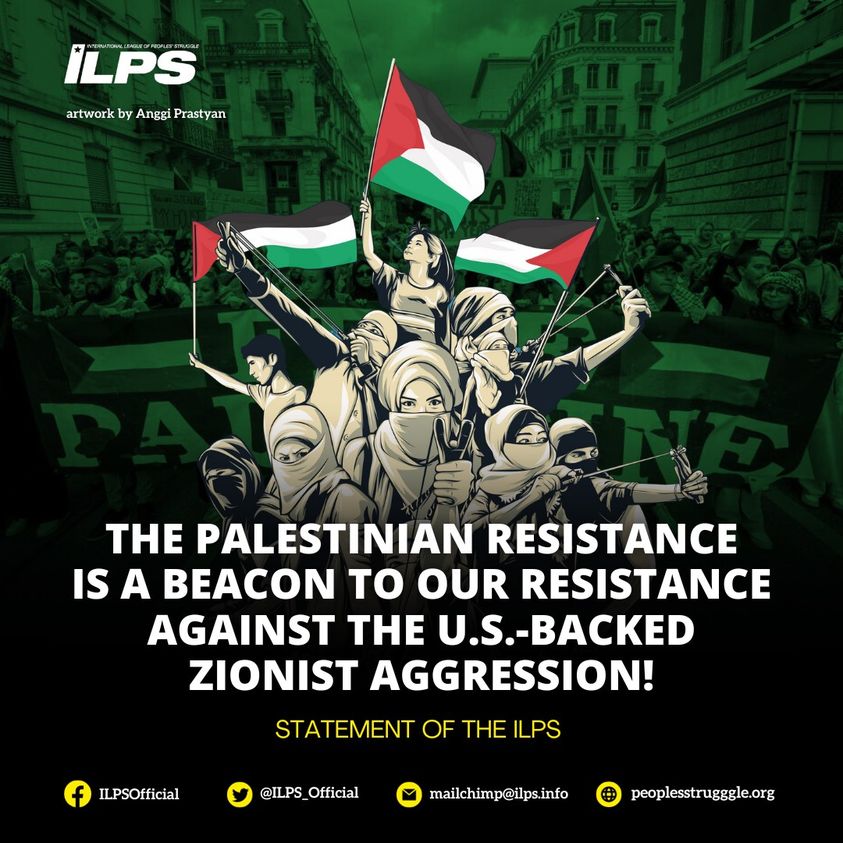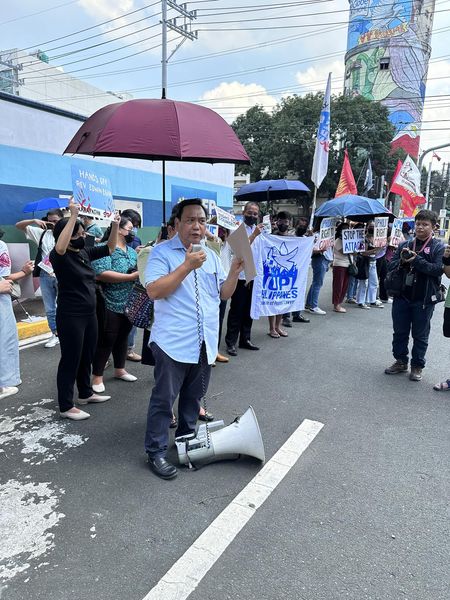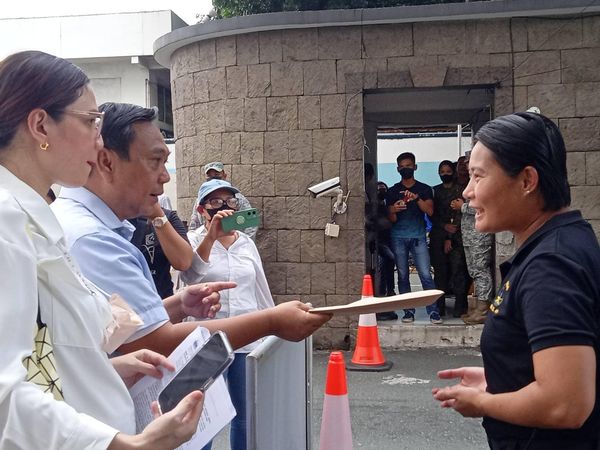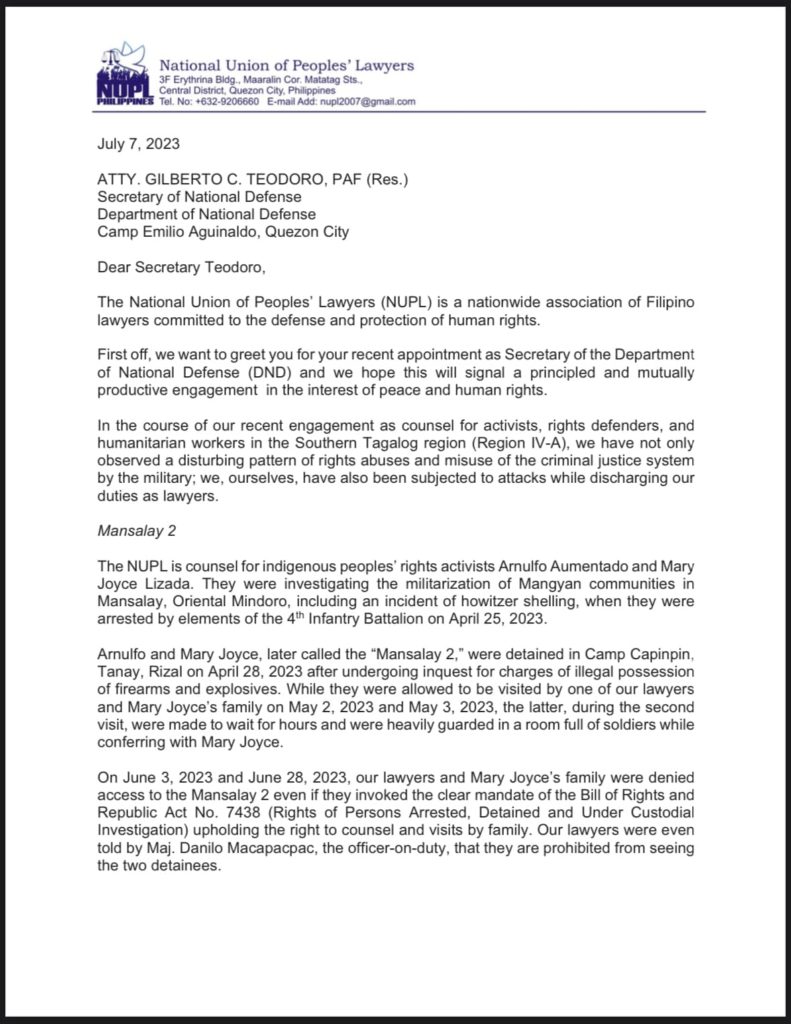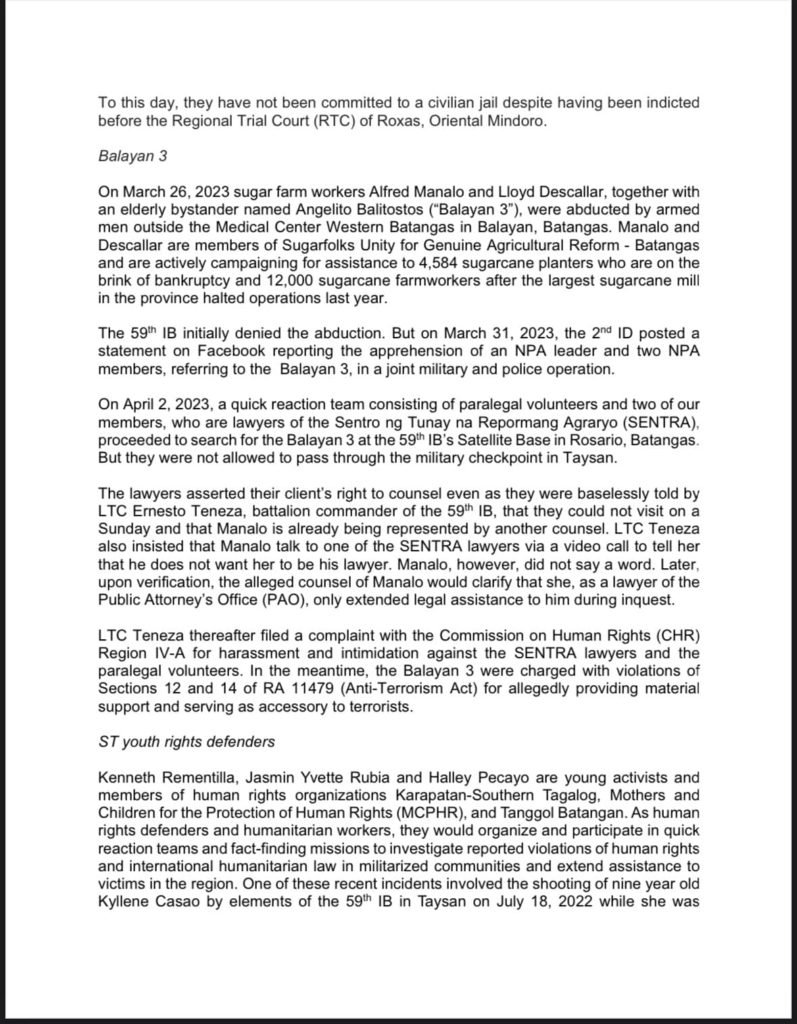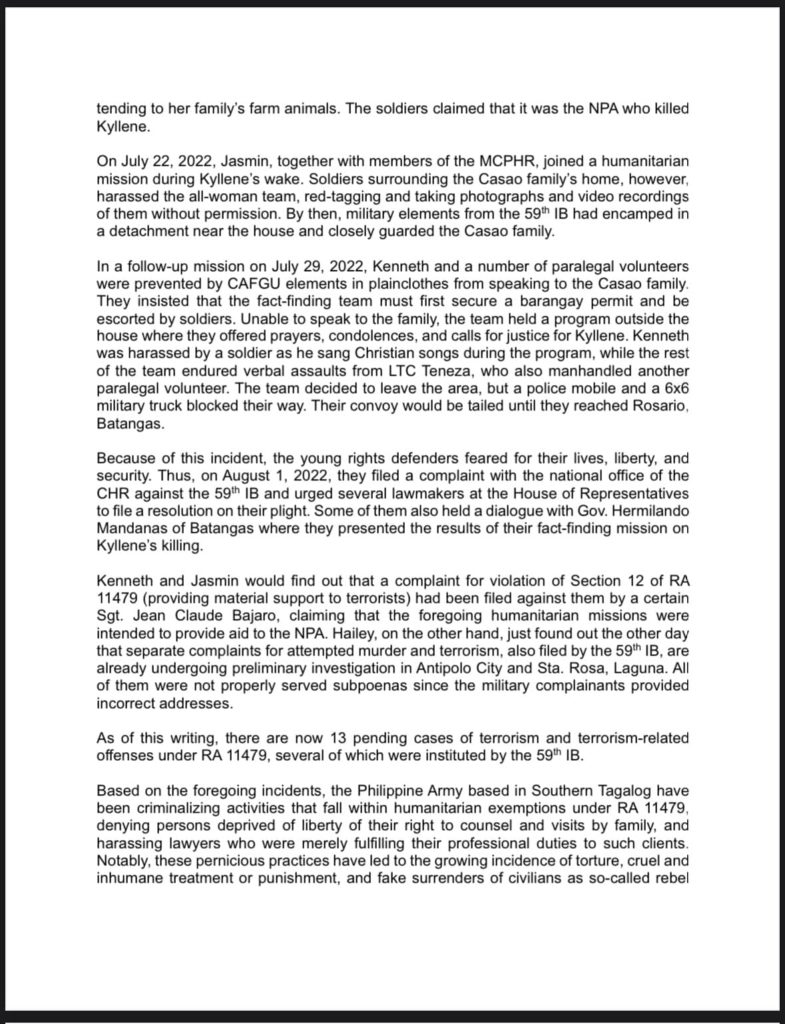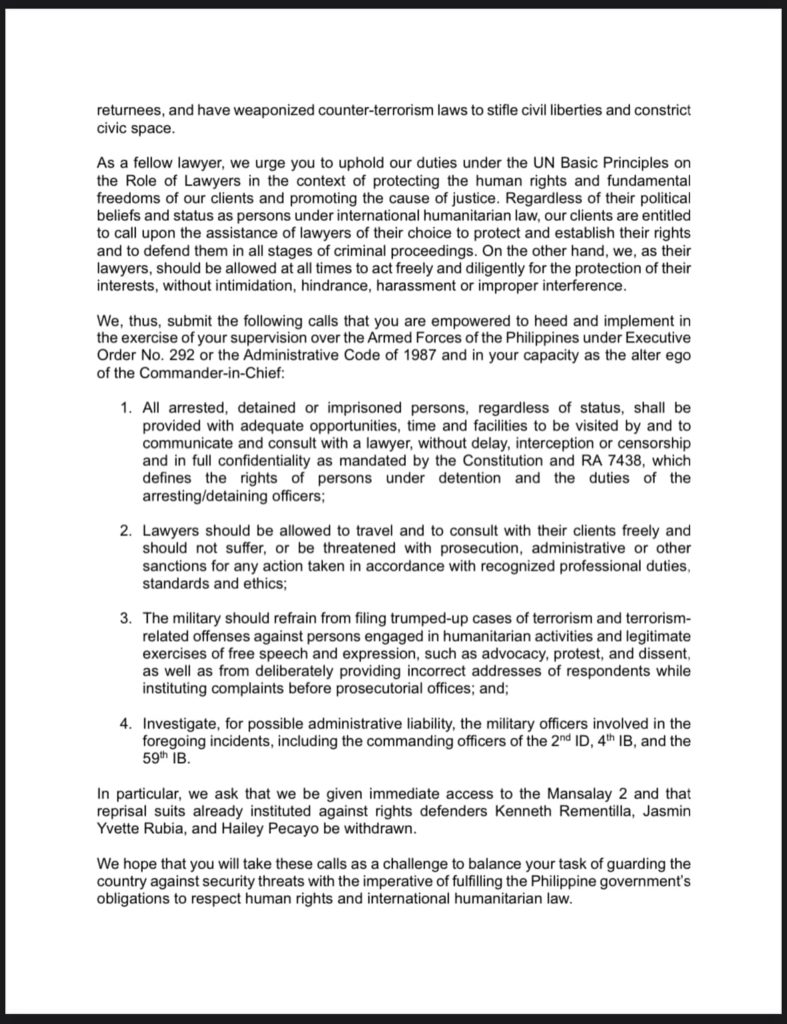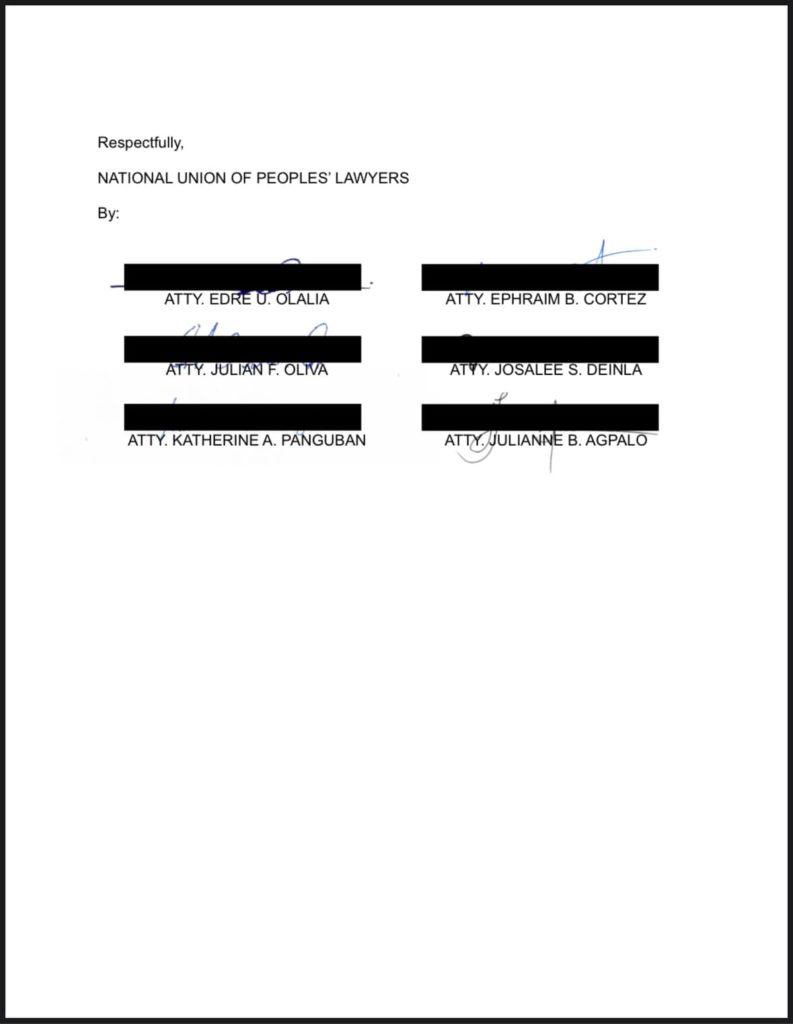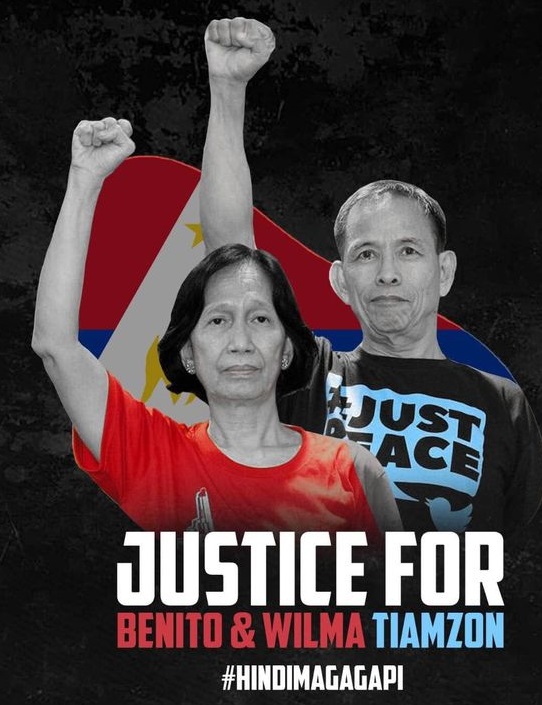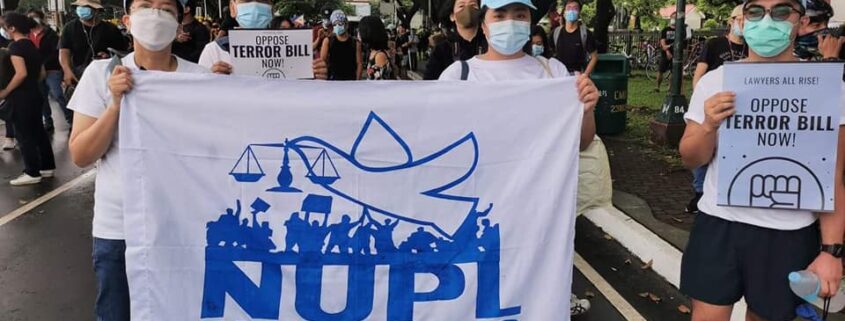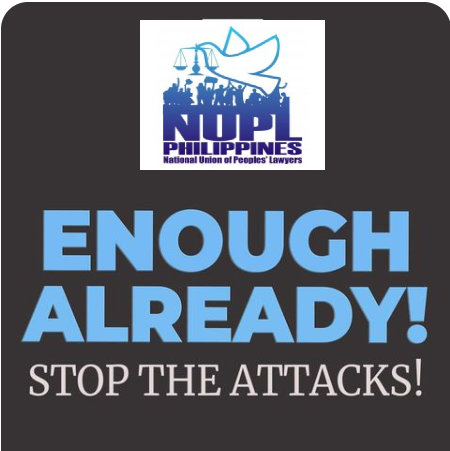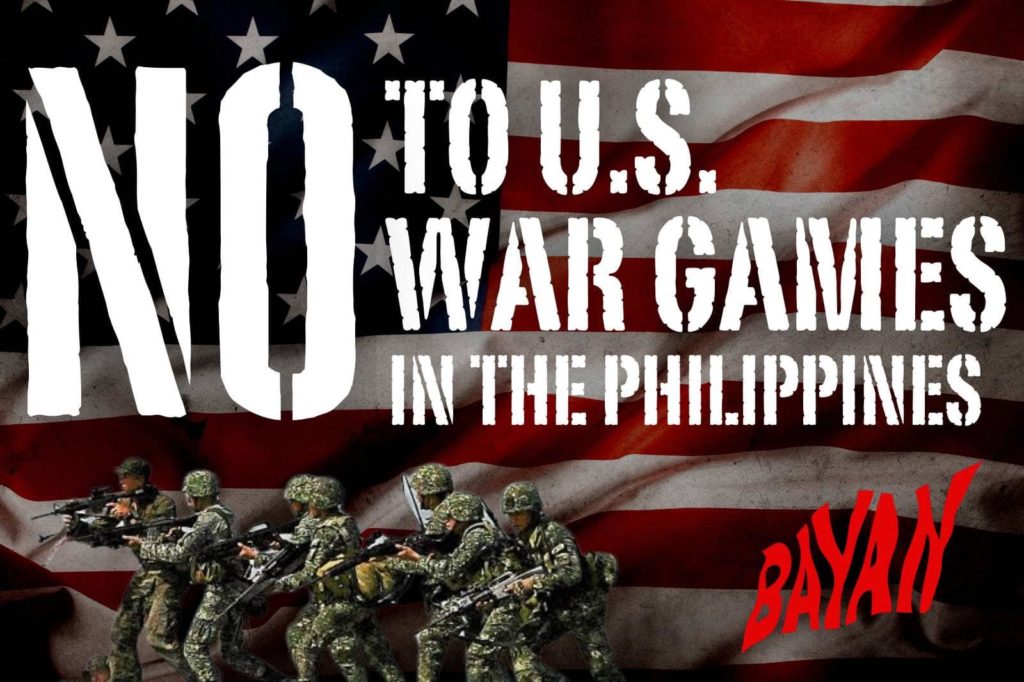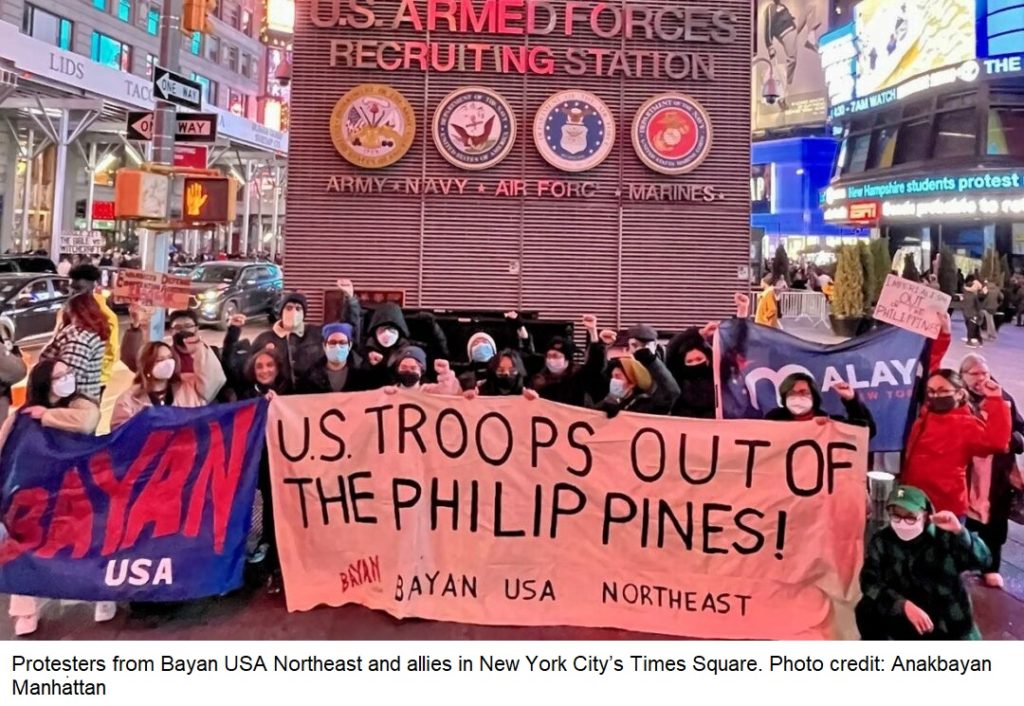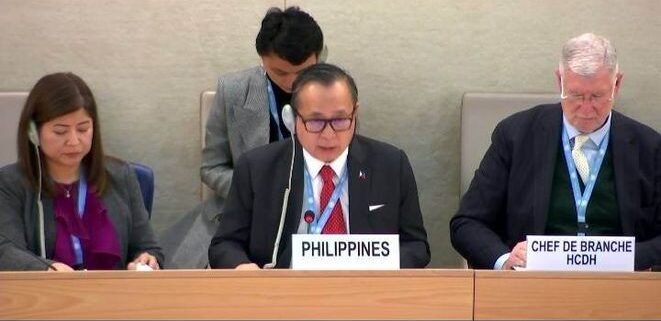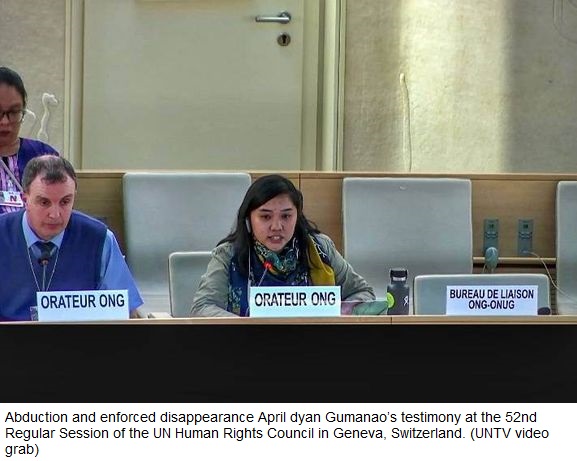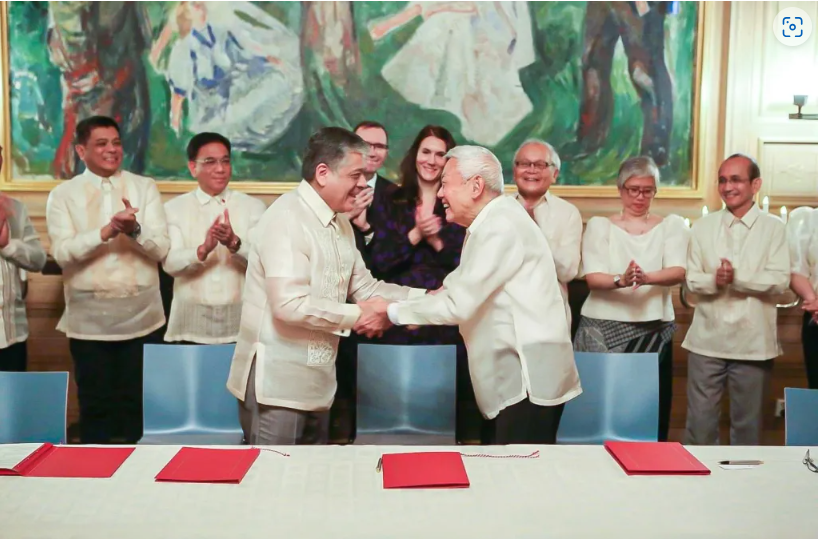
Dec. 08, 2023
DAVAO TODAY
DAVAO CITY, Philippines – The date November 23, when Philippine government representatives and the National Democratic Front of the Philippines (NDFP) signed a joint statement for the possible resumption of peace talks, is significant, says a peace and human rights observer.
It was also November 23, six years ago, that former President Rodrigo Duterte terminated peace talks through Proclamation 360 and launched a “whole-of-nation” approach that attacked peace negotiators and activists alike.
Peter Murphy, chairperson of the International Coalition for Human Rights in the Philippines (ICHRP), said that the Philippine government re-opening possible talks with the NDFP as “a rejection of the (Ferdinand) Marcos Jr predecessor Duterte’s termination of peace talks …on the same day”.
Various peace groups also welcomed the announcement made on November 28 that the Marcos Jr administration and NDF are working to resume peace talks after six years.
Government representatives met with NDFP peace negotiators in Oslo, Norway, and signed a joint statement on November 23 to sign a joint communique to signify the opening of talks.
“Cognizant of the serious socioeconomic and environmental issues, and the foreign security threats facing the country, the parties recognize the need to unite as a nation in order to urgently address these challenges and resolve the reasons for the armed conflict,” the communique said.
The statement was signed by the Special Assistant to the President Sec. Antonio Ernesto Lagdameo Jr. on behalf of the GRP with Presidential Adviser on Peace and Reconciliation and Unity Secretary Carlito Galvez Jr. and former Armed Forces of the Philippines Chief of Staff General Emmanuel Bautista as witnesses.
NDFP National Executive Council member Luis Jalandoni signed together with NDFP Negotiating Panel interim chairperson Julieta de Lima and member Coni Ledesma.
The communique acknowledges Bautista for initiating informal talks in the past years with the late NDFP chief political consultant Jose Maria Sison.
Calls for peace ‘remain strong’
Murphy said the resumption of talks is a validation of the people’s call for a solution to peace beyond counter-insurgency measures.
“The joint statement is the result of the Filipino people’s struggle for a genuine just and lasting peace that remains strong and undeterred despite political setbacks and ongoing counterinsurgency that cannot crush the people’s united will to fight for change,” he said.
The talks were terminated by Duterte in 2017, just when the negotiating parties were about to complete the comprehensive agreement on socio-economic reform.
After that, Duterte launched his “whole-of-nation” policy, which included the creation of the National Task Force to End Local Communist Armed Conflict (NTF-ELCAC) in 2018. He signed the Anti-Terror Act in 2020.
These policies, rights advocates say, have resulted in red-tagging, arrests, and even murders of peace consultants and activists.
Next steps
The third-party facilitating group, the Philippine Ecumenical Peace Platform, welcomed the resumption of talks, as they had made this appeal to President Ferdinand Marcos Jr as way back in 2022.
“We hope that various barriers to peace will be resolved through dialogue and principled negotiations,” said PEPP co-chair Archbishop Antonio Ledesma of Cagayan de Oro.
Bishop Felixberto Calang of Iglesia Filipina Independiente, who has witnessed the peace talks in Norway, hopes the joint statement be concretized into formal peace talks at the soonest time “towards just and lasting peace and the vision of a country where a united people can live in peace and prosperity.”
Crucial part yet to happen
Both panels have expressed they will work on a framework and talking points to revive the talks.
Former Bayan Muna Representative Carlos Zarate, who has also participated in the talks, welcomed this development as President Ferdinand Marcos Jr. did not mention the peace talks with the communist rebels in his inaugural and State of the Nation Address.
Marcos Jr. had declared an amnesty program for rebels on November 22.
Zarate pointed out that what is crucial is that the two parties will actually talk and lay down what issues should be negotiated during the talks to address the roots of the armed conflict.
“The crucial part is yet to happen. That’s where we have to be watchful. Peace stakeholders should be more active and be watchful of peace saboteurs especially from the Executive branch of the government, which do not want to settle the 50-year armed rebellion,” he said.
Vice President Sara Duterte, chair of NTF-ELCAC has publicly opposed the resumption of talks and warned Marcos Jr that the NDFP “…will use these peace negotiations to betray the government and deceive the public.”
But government officials have signified support for a peaceful resolution to the armed conflict, as members of the House of Representatives made a unified statement supporting Marcos Jr’s “initiatives for peace and national unity”.
“It is a moral imperative, a chance to mend the fissures that have long divided our nation. We are not just negotiating terms; we are weaving the fabric of a peaceful future for every Filipino,” House Speaker Martin Romualdez said. (davaotoday.com)
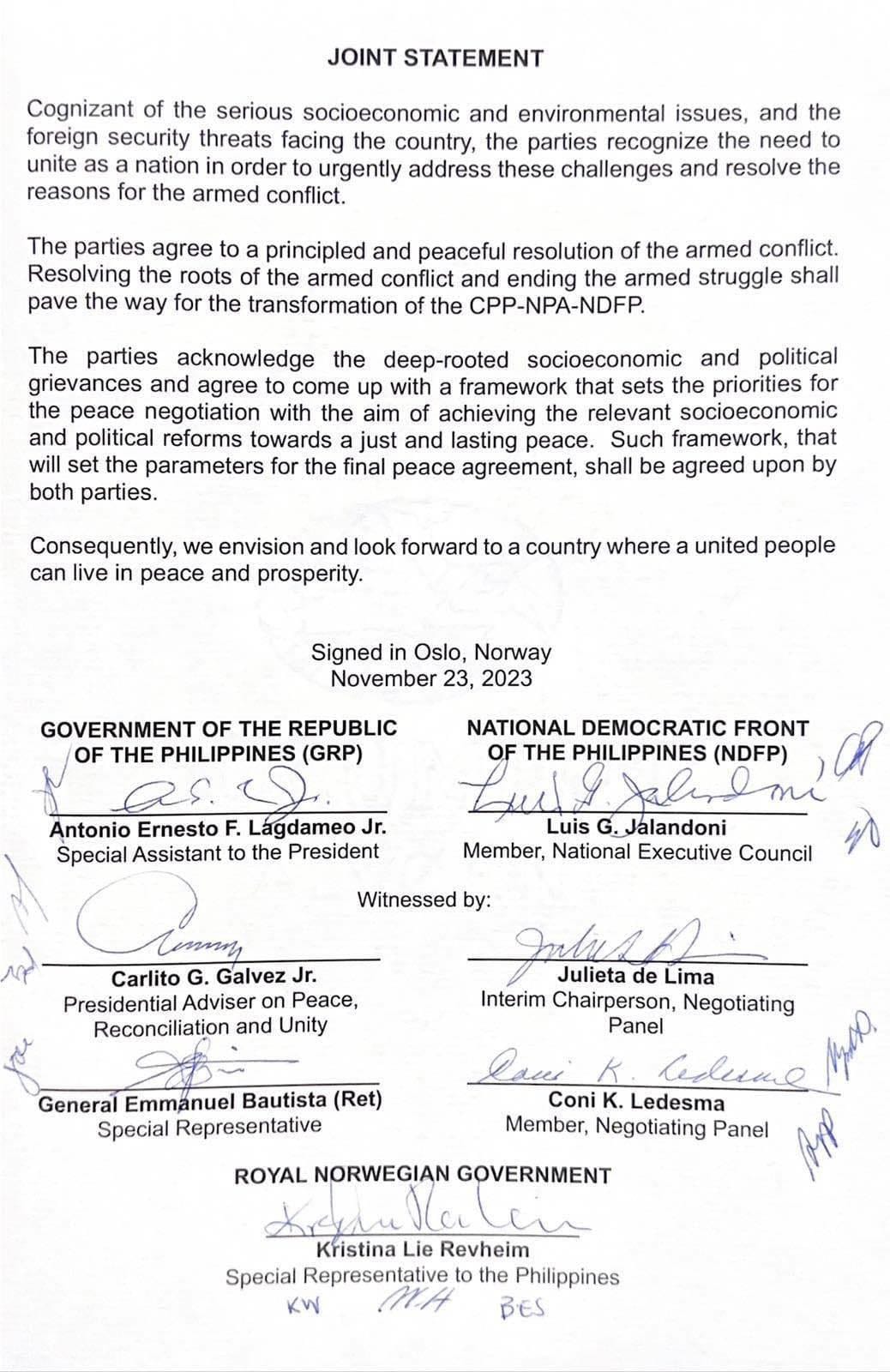
 National Union of Peoples’ Lawyers
National Union of Peoples’ Lawyers


